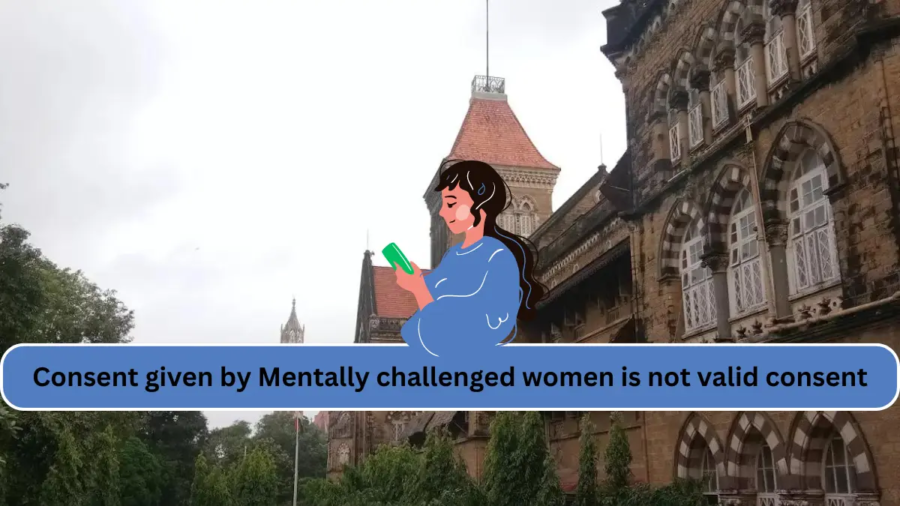Introduction
A 24-year-old man was recently sentenced to 10 years in prison by the Mumbai sessions court for the rape of a 23-year-old woman with intellectual disabilities, a case that spurred discussions about the difficulties of consent and mental illness. Arguments about the woman’s capacity to give consent, the nature of their relationship, and the implications of her mental health condition all surrounded the court’s decision.
Facts of the case
The victim revealed that she had been raped four months earlier, which led to the incident being discovered after she revealed she was three months pregnant during a medical examination.
In January 2019, the mother of the victim reported the incident to the Kurar police station. The victim claimed that the accused, who was employed by a nearby salon, had raped her after luring her to a remote location with the promise of chocolate.
The victim stated in her testimony that the accused sexually assaulted her after forcing her into his home. She did, however, confess under cross-examination that she liked the man and wanted to marry him, but her parents had forbidden her from doing so. In addition, she acknowledged that she had not informed him of her pregnancy.
Respondents Arguments
The defense attorney asserted that the woman is not mentally challenged and that the two were in a consensual relationship based on the woman’s admission. But the claim was dismissed by the court.
Court’s Observation
Throughout the trial, the victim’s wish to be married to the accused was used by the defense to argue that the victim and accused had a consensual sexual relationship. The victim’s mental capacity, which was assessed to be that of a child between the ages of six and nine, was scrutinized by the court nevertheless. The victim acknowledged her feelings for the accused, but the court insisted that her mental illness prevented her from giving her legally required consent.
Court’s Decision
The Additional Sessions Judge Datta Dhoble underlined that consent must result from the exercise of intelligence and comprehension of the act’s significance in order for it to be regarded as lawful. The court determined that the accused had committed rape in accordance with the law, disregarding the victim’s psychological challenges. The court dismissed the defense’s assertions of a consensual relationship, citing the victim’s psychological assessment and her incapacity to understand the ramifications of her behavior.
By Anaida Khan Pursuing 4th year of BALLB (Hons.) from Dharmashashtra National Law University, Jabalpur.
 Cart is empty
Cart is empty



